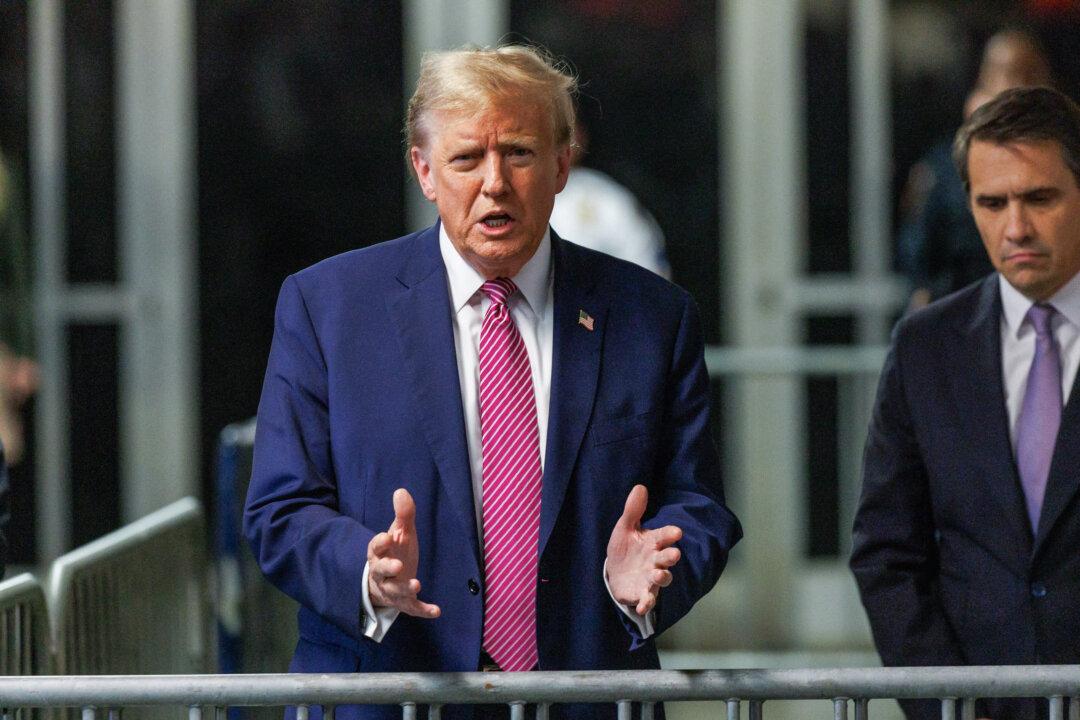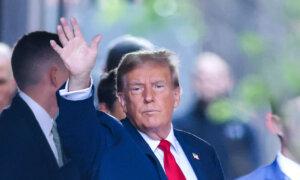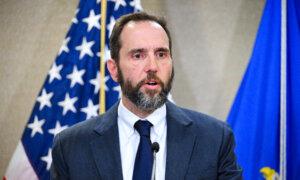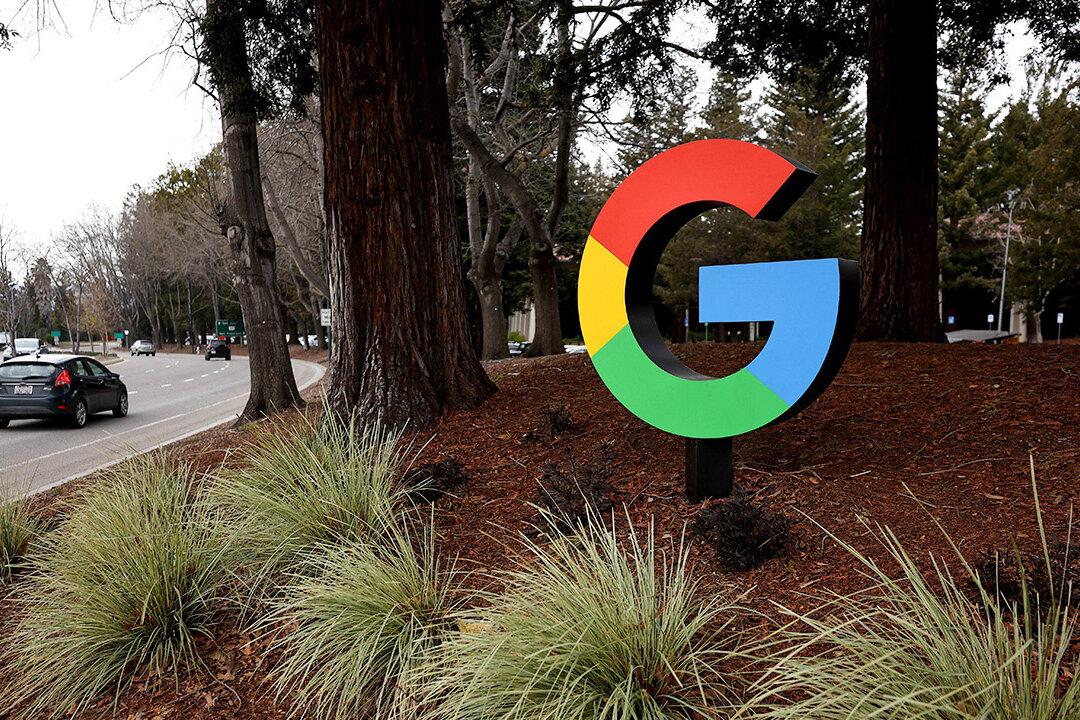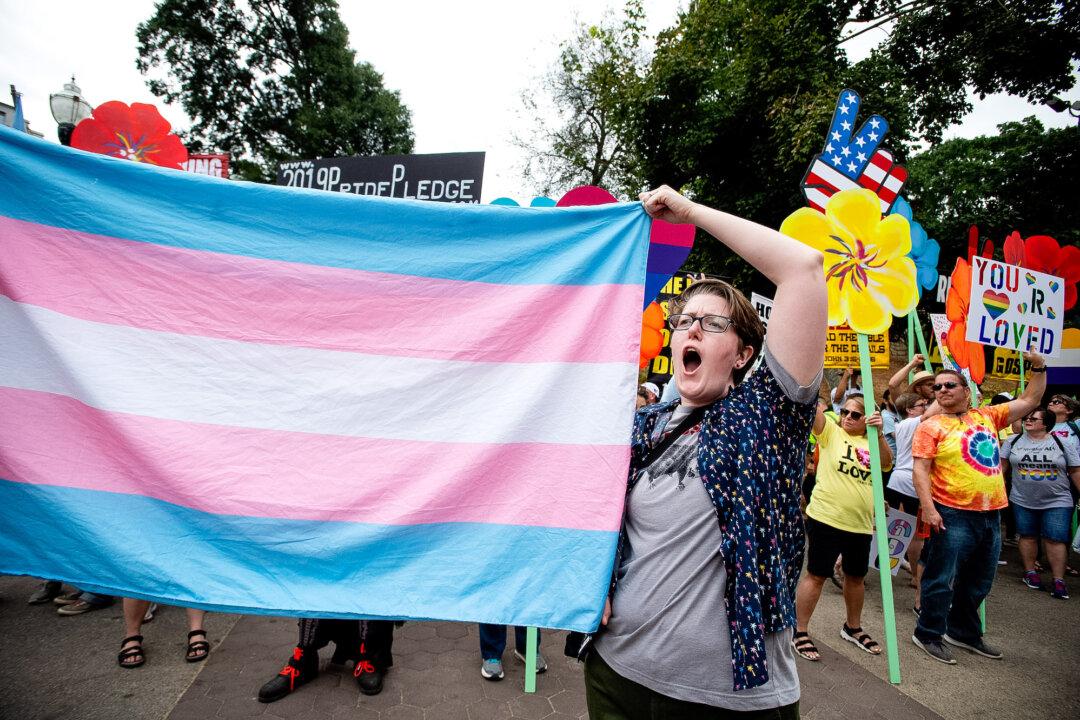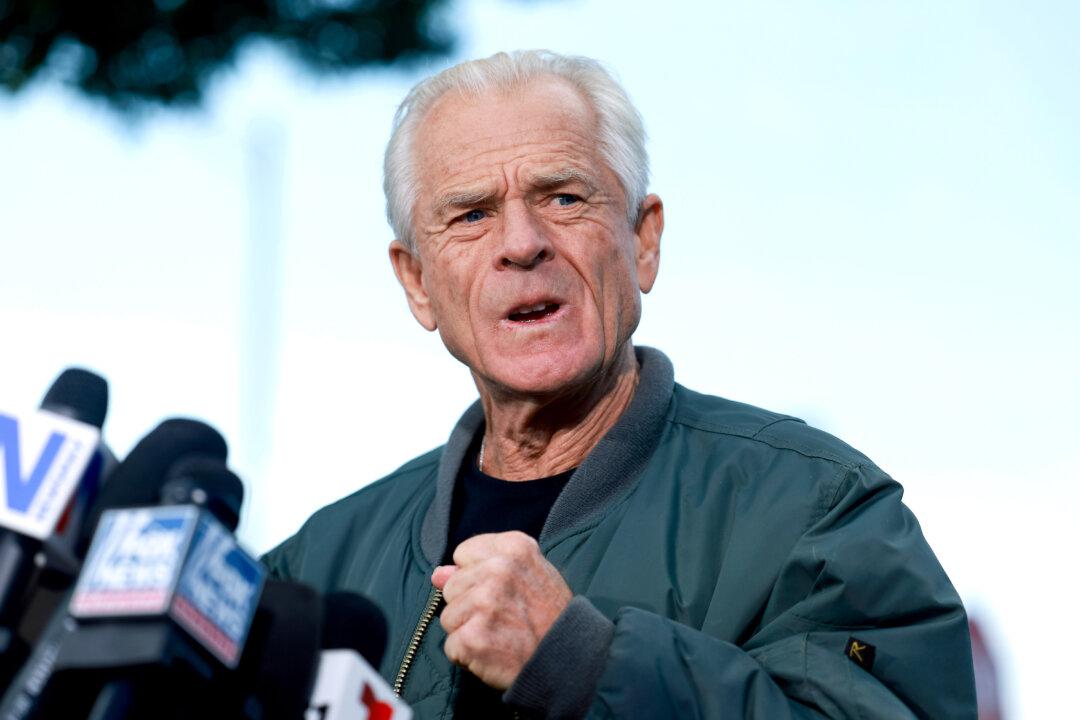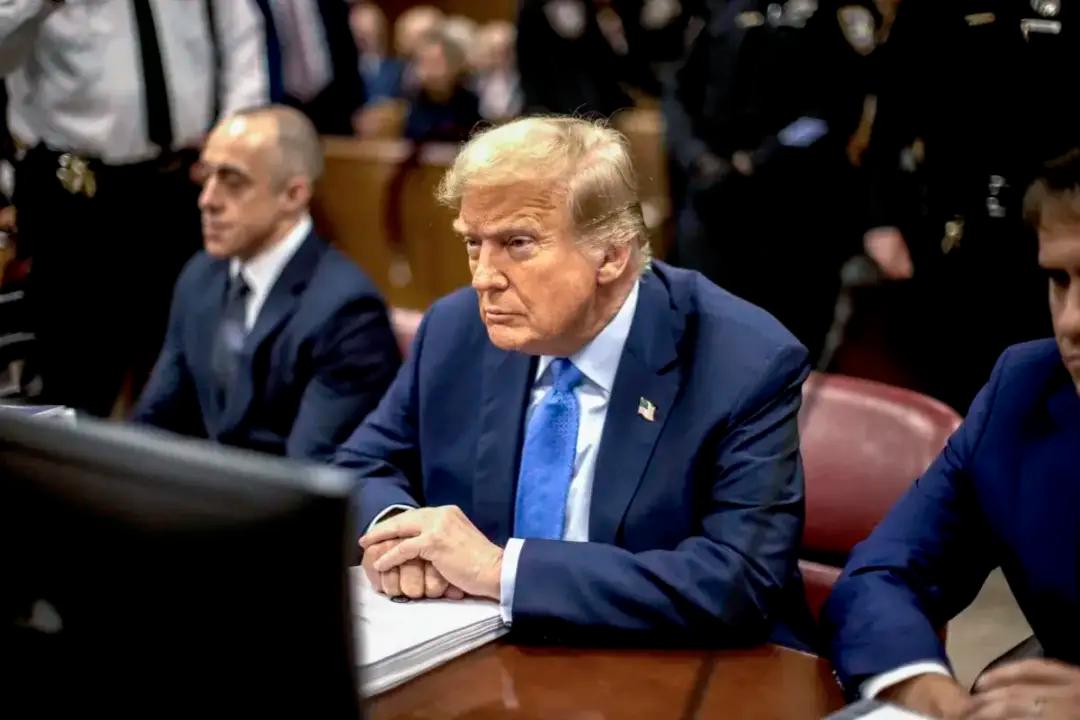The Supreme Court, in its upcoming immunity case filed by former President Donald Trump, may rule to send the case back to the district court in Washington, allowing him to further delay proceedings as desired, according to experts.
April 25 is the date the justices set for oral arguments over President Trump’s claims of immunity from prosecution under the indictment brought by special counsel Jack Smith in Washington. It’s unclear how the justices will rule, but a decision, expected in June, will alter the course of the former president’s case and potentially complicate his others as well.
Representing President Trump will be attorney D. John Sauer, who also argued for him in the D.C. Circuit. Former Deputy Solicitor General Michael Dreeben is expected to argue for Mr. Smith’s team.
President Trump pointed to the landmark 1803 decision in Marbury v. Madison, which said in part that a president’s official acts “can never be examinable by the courts,” to argue that courts couldn’t review his official conduct. He told the Supreme Court it should rule that presidents enjoy immunity for their official acts and that criminal prosecution could only come after impeachment and conviction by Congress.
The justices decided to tackle a narrower question: “Whether and if so to what extent does a former president enjoy presidential immunity from criminal prosecution for conduct alleged to involve official acts during his tenure in office?”
The impeachment point may nonetheless come up during oral argument, as well as questions about the legal basis for Mr. Smith’s authority.
Both sides referenced the Vesting Clause in Article II, which vests the executive power in the president. President Trump argued this clause protected him from review by the courts, while Mr. Smith contended that the vesting clause should be considered in the context of other constitutional provisions.
The case is likely to be widely observed and spur debate about the country’s system of government.
“It may be the most read opinion in the history of this country,” criminal defense attorney Keith Johnson told The Epoch Times. He added that “it will be the kind of thing that students will be talking about for decades to come.”
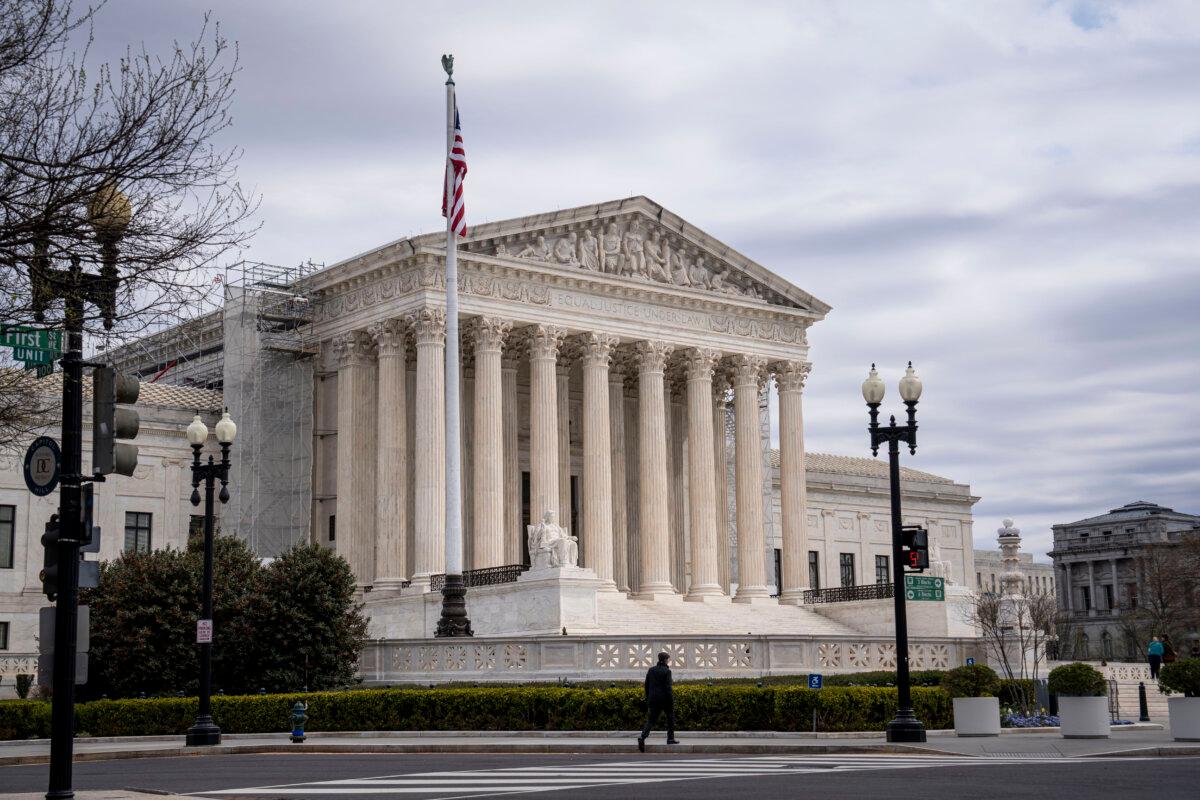
Signals from Recent Cases
The Supreme Court here has three main options: to uphold the appeal court’s rejection of President Trump’s immunity claims, to accept his claims, or remand the matter back to U.S. District Court Judge Tanya Chutkan with a refined test on what presidential acts are immune from prosecution.It’s difficult to tell how each justice might rule but oral arguments are generally considered indicators for how particular justices are leaning. Justice Kavanaugh, who served as an attorney in former President George W. Bush’s administration, has generally been considered someone who favors a strong executive.
One of President Trump’s briefs to the Supreme Court cited writings of Justice Kavanaugh, including a 1998 paper titled “The President and the Independent Counsel.” In it, he states, “Prosecution or nonprosecution of a President is, in short, inevitably and unavoidably a political act.”
President Trump’s brief attempted to cite this portion of Justice Kavanaugh’s writings in order to support the idea that as a political dispute, attempts to hold President Trump accountable should be resolved in Congress. It disagreed, however, with Justice Kavanaugh’s contention that the “Constitution itself seems to dictate ... that criminal prosecution can occur only after the President has left office.”
That case involved debate over criminal subpoenas for presidents’ documents—specifically President Trump’s tax records.
The majority decision came from Chief Justice John Roberts, who was joined by Justices Ruth Bader Ginsburg, Stephen Breyer, Sonia Sotomayor, and Elena Kagan. Justices Clarence Thomas and Samuel Alito filed dissents with the latter worrying about prosecutors abusing their discretion and bypassing constitutional limits in bringing cases.
President Trump has similarly warned about politicized prosecutions and cycles of recrimination that would result without immunity. But Justice Roberts’s majority opinion seemed to prefigure some of the arguments lobbed by Mr. Smith and Judge Tanya Chutkan on this point. Those two argued that the criminal justice system contains safeguards that would preclude abusive prosecutions.
In responding to Justice Alito, Justice Roberts said that “while we cannot ignore the possibility that state prosecutors may have political motivations … here again the law already seeks to protect against the predicted abuse.”
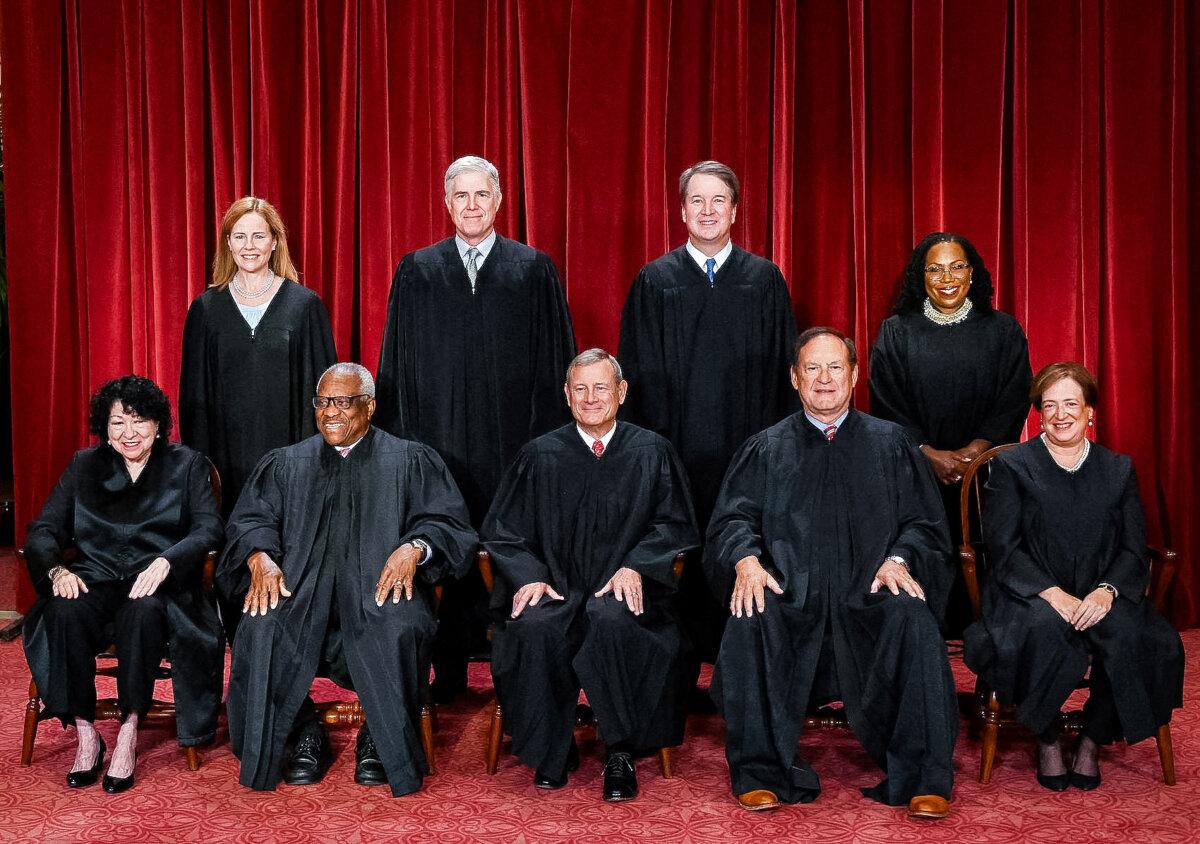
Potential Rulings
Supreme Court rulings are generally difficult to predict not just because of the court’s secretive nature, but also because there are so many routes justices can take in resolving particular cases. In interviews with The Epoch Times, experts diverged on how the court might rule.Article III Project Senior Counsel Will Chamberlain told The Epoch Times that he thought the justices would accept President Trump’s request for immunity from criminal prosecution.
“I think that ultimately the Supreme Court will adopt the Trump legal position … not what President Trump says on TruthSocial necessarily, but … what his lawyers have advocated, which is criminal immunity for official acts, except those which you’re impeached and convicted for,” he said.
Others were more skeptical of President Trump’s legal argument. Heritage Foundation Vice President John Malcolm told The Epoch Times that President Trump’s arguments about impeachment and conviction would likely be rejected by the justices.
“That’s a very broad argument,” he said. “I think it’s broader than they had to make, and I also think that it’s one that is likely to be rejected by the court.” He added, however, that he thought the justices would be sympathetic to the idea of protecting presidents from prosecution.
Back to District Court?
Some experts converged on the idea that the court’s eventual ruling would likely remand, or send the case back to the district court to reconsider the scope of President Trump’s immunity.“I think you’re not going to see any broad sweeping opinions,” constitutional attorney Gayle Trotter told The Epoch Times. “But I don’t think they’re going to uphold the lower court, either. I think they’re gonna have probably a fairly narrow opinion and remand it back to the lower court for additional procedural steps … and that will slow things up for the criminal proceedings.”
This would presumably happen with a majority opinion that clarifies how far criminal immunity extends for presidents and former presidents. In doing so, the court will likely draw on the precedent in Nixon v. Fitzgerald, wherein the Supreme Court ruled that presidents enjoy absolute immunity from civil liability for actions taken within the “outer perimeter” of their official duties.
Multiple experts speculated to The Epoch Times that the court might apply that same framework to criminal liability. In doing so, it could clarify what types of acts were official and direct D.C. District Judge Tanya Chutkan to further probe which of President Trump’s actions fell under that category.
Both President Trump and Mr. Smith have urged the court to issue broader rulings. Although they cautioned against remand, their recent briefs indicated some openness to a remand.
“The district court can make evidentiary rulings and craft appropriate jury instructions for trial clarifying that petitioner may be held criminally liable based only on the private conduct alleged in the indictment, even though the jury could consider official-acts evidence for limited and specified purposes.”
Bearing on Trump’s Other Cases
In taking the immunity appeal, the justices injected themselves into the timeline of President Trump’s Washington trial while also teeing up a potential ripple effect on his other cases.A ruling is expected at the end of the court’s term in June, meaning that Judge Chutkan will be waiting until then before she resumes pre-trial proceedings. Whatever timeline she adopts will likely be prolonged if the Supreme Court remands the case for further fact-finding surrounding President Trump’s activities.
Besides the case in Washington, the ongoing prosecution of President Trump in Georgia will likely be affected most by the justices’ eventual decision. Both cases focus on the former president’s conduct on Jan. 6 and his reaction to the 2020 election.
Mr. Malcolm said that if there’s presidential immunity, it would be hard to see how the Georgia case could continue for President Trump. He noted, however, that there are many other defendants involved in the Georgia case. Those individuals weren’t president and therefore likely wouldn’t receive immunity under the Supreme Court’s eventual ruling.
President Trump attempted to delay his New York trial, which started on April 15, pending the Supreme Court’s decision in his immunity appeal. New York Judge Juan Merchan denied his request, saying that he brought it too late in the pre-trial process.
It’s questionable how much of President Trump’s conduct would fall under the scope of immunity given that some of the allegations in that case concern conduct that occurred before he was elected president in 2016.
